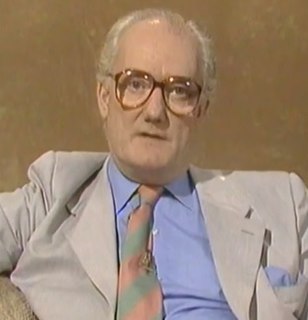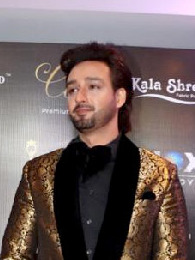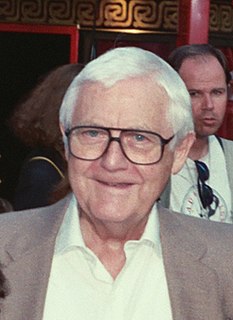Цитата Дэниела Крейга
Тема очень сложная. Речь идет о мюнхенской резне и о том, что впоследствии Моссад сделал с отрядами убийц. Я думаю, что это поворотный момент в истории, особенно для палестинцев.
Связанные цитаты
Тема, на которую я действительно трачу свое время, стала приемлемой. Жизнь, образ жизни, семья сейчас в центре внимания в Америке, и я просто придерживаюсь этого. Я имею в виду, я делал это годами, и я никогда не злился. Я никогда не говорил, знаете, слушай, я борюсь за эту тему. Это не было моей целью. Моя цель состояла в том, чтобы продолжать работать над предметом, прекрасно зная, что, в конце концов, он снова будет признан жизнеспособным предметом.
Я думаю, что вы раскрываете себя тем, что решите сфотографировать, но я предпочитаю фотографии, которые больше говорят о предмете. Обо мне рассказать особо нечего; что интересно, так это человек, которого я фотографирую, и это то, что я пытаюсь показать. [...] Я думаю, что у каждого фотографа есть точка зрения и способ смотреть на мир ... это связано с вашим предметом и тем, как вы решили его представить. Что интересно, так это позволить людям рассказать вам о себе на картинке.
Она такая короткая, беспорядочная и запутанная, Сэм, потому что в ней нет ничего умного, чтобы сказать о бойне. Все должны быть мертвы, никогда больше ничего не говорить и ничего не хотеть. После резни все должно быть очень тихо, и так всегда, кроме птиц. А что говорят птицы? Все, что можно сказать о резне, такие вещи, как «Пу-ти-вит?
Когда я впервые приехал в Израиль, я увидел, как солдаты толкают палестинцев, и подумал: «Я этого не вынесу». Потом я встречал кого-нибудь в баре, говорящего, какие замечательные люди палестинцы и какие мамзеры евреи, и думал: «Подождите». Должно быть трудно принять решение по какому-либо серьезному вопросу.
Кровавая бойня в Бангладеш быстро затмила память о русском вторжении в Чехословакию, убийство Альенде заглушило стоны Бангладеш, война в Синайской пустыне заставила забыть Альенде, камбоджийская резня заставила забыть о Синае и так далее. и так далее, пока в конце концов все не позволят обо всем забыть.
С точки зрения интеллекта, [то, что] сформировало мою жизнь, было все Мюнхенское соглашение [Мюнхенское соглашение], о котором я знал всю свою жизнь, с точки зрения того, как крупные державы принимают решения, которые затрагивают маленькие страны, и непреднамеренные последствия этого. С другой стороны, я знал о Холокосте. Я просто не знал, что это относится к моей семье. Но это повлияло на мое отношение к тому, что я рассматривал как этническую чистку на Балканах; в этом нет сомнений.




































